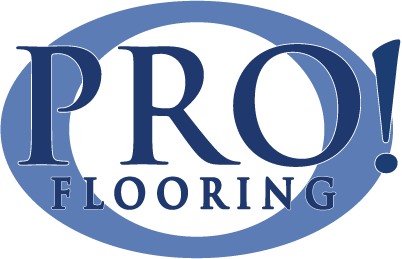How Do Carpet Fibers Impact Your Flooring?
For many, the thought of having to replace your carpeting ranks right up there with visiting the dentist. It’s a necessary task that you put off until you absolutely have to replace.
Because of that, you might not realize all of the choices currently available to you. Carpet has changed a lot over the past twenty years. While we’ve seen a trend of moving from hardwoods, to wall to wall carpet, back to hardwood, there is a resurgence of carpeting being installed in homes.
Before you head to the flooring center, get to know this people pleasing flooring choice a little more.
Carpet fibers can be broken down into two types: natural or synthetic.
Natural fiber is predominantly wool.
Synthetic is broken down into nylon, olefin, and polyester.
Wool has superior qualities over the other natural choices like cotton. Wool is very soft, something no synthetic fiber can match. However, wool tends to be at the top of the list when it comes to expense, and because of the fiber’s porosity, it will soak up moisture. That means it isn’t a good choice for basements, where flooding can occur, or in rooms where you anticipate spills and other moisture to be a problem.
Nylon is one of the most popular carpet choices on the market. Nylon is a synthetic fiber with excellent durability. You’ll find nylon carpet is often associated with different brand names – Stainmaster for instance. Nylon is a very strong fiber that is great for high traffic areas, will retain moisture well and dries out quickly if it does get wet. If also manages to stay fairly static-free. On its own, it doesn’t resist stains very well, which is why stainblockers are often added.
Olefin is one of the cheaper carpets on the market, but has lost its prevalence over the years as new and improved materials have been developed. One of the downsides is its low melt point, which puts it at more risk in the home.
While polyester can’t match the durability of nylon, it is one of the best carpet fibers to take dye, and thus produce beautifully colored carpets with superb fade resistance.
So which is the right carpet choice for you? Stop by today and let us help you decide. You’ll love the look.

